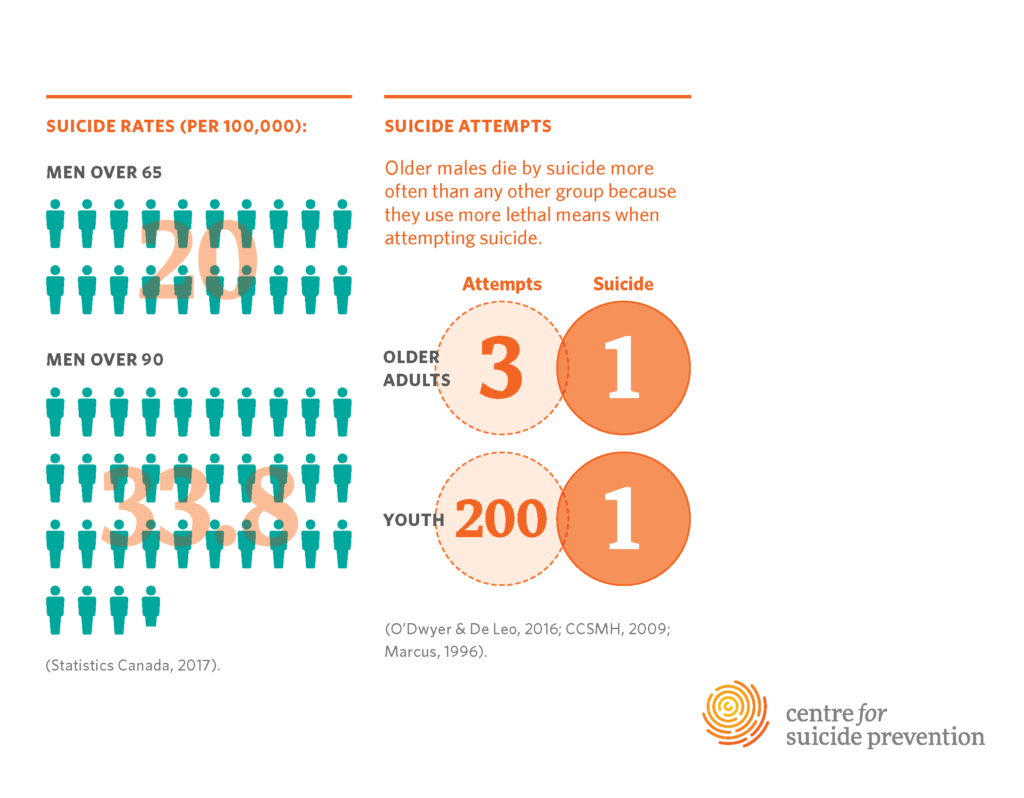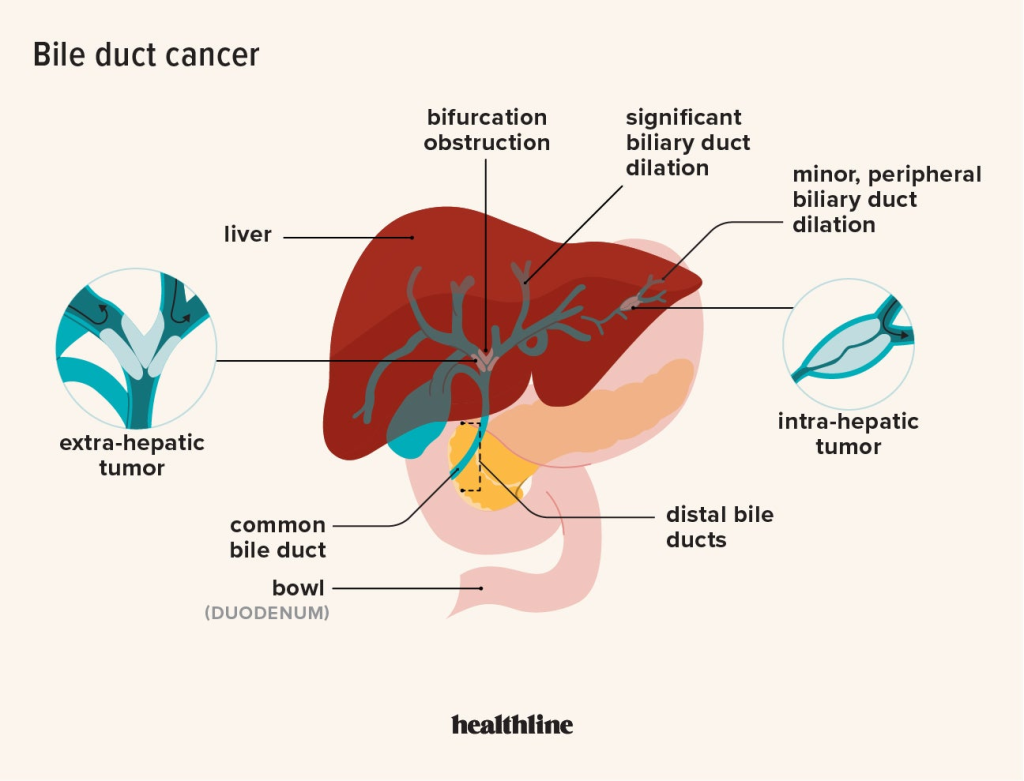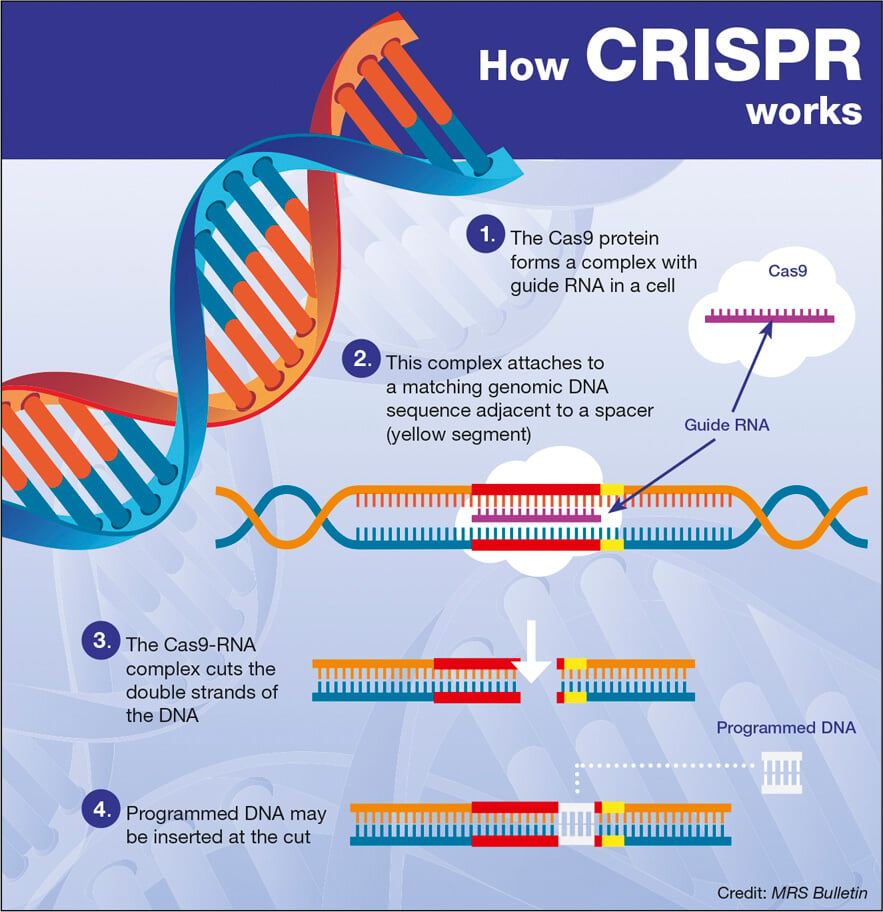Suicide prevention for older adults is an urgent public health issue, as seniors aged 75 and older exhibit the highest suicide rates among all age groups. Despite this alarming trend, many mental health resources for elderly individuals remain inaccessible and hard to find. Recent studies have highlighted a significant gap in online suicide prevention efforts specifically tailored for older adults, leaving this vulnerable population at risk. Mental health support, including effective geriatric suicide prevention strategies, is crucial in addressing issues such as social isolation and loneliness that significantly impact older adults’ mental health. It is imperative for organizations to commit to developing targeted online resources for seniors, ensuring that they receive the support necessary to navigate their mental health concerns effectively.
The topic of suicide awareness among the elderly community has gained increased significance, particularly as the rates of suicidal behavior in seniors continue to rise. Many older individuals face unique challenges that affect their mental wellness, such as loneliness and underrepresentation in health research. It’s crucial for initiatives aimed at fostering mental well-being to include tailored measures encompassing the specific needs of this demographic. With a pressing need for effective solutions, exploring innovative resources and support systems is essential for addressing geriatric mental health. Adults aged 75 and above must have access to comprehensive information about effective preventive measures and the latest online support available to them.
Understanding the Growing Challenge of Suicide Rates in Seniors
Suicide rates among older adults, particularly those aged 75 and above, have surged in recent years, raising alarms within the healthcare community. This demographic has one of the highest suicide rates, estimated at 20.3 per 100,000 individuals, according to the CDC. Factors contributing to this troubling trend include increased social isolation, the loss of loved ones, and feelings of purposelessness in later life. Furthermore, the stigma surrounding mental health often discourages seniors from seeking help, leading to a dangerous gap in care and support.
The lack of easily accessible mental health resources tailored specifically for older adults exacerbates this crisis. While younger populations have seen a decrease in suicide rates, many seniors remain vulnerable without a clear path to finding support. Organizations dedicated to mental health must recognize this imbalance and tailor their outreach strategies to be more inclusive of older adults, ensuring that vital resources are not just available but also visible and easily navigable for seniors seeking help.
Suicide Prevention for Older Adults: Essential Strategies and Resources
Effective suicide prevention for older adults requires a multifaceted approach that combines community support, targeted outreach, and increased funding for geriatric mental health services. Efforts should focus on increasing awareness of the unique challenges faced by seniors, such as declining physical health, loss of social connections, and the navigation of complex healthcare systems. Initiatives that incorporate peer support networks can greatly diminish feelings of isolation by creating opportunities for older adults to socialize and share their experiences.
Moreover, mental health resources for elderly individuals must become readily available and user-friendly, especially in online formats. Many older adults are increasingly turning to the internet for information, and it’s essential that suicide prevention campaigns meet them where they are. By utilizing engaging digital platforms and educational resources tailored to meet the cognitive and emotional needs of older adults, organizations can foster a supportive environment that encourages seniors to seek help when they need it most.
The Importance of Tailored Mental Health Resources for the Elderly
Access to appropriate mental health resources for older adults is critical in combating the rising suicide rates within this population. One of the significant challenges is the underrepresentation of seniors in existing mental health research, which often overlooks their unique needs and circumstances. By prioritizing the development of geriatric-focused mental health programs, we can better address issues such as chronic illness, grief, and loneliness, which are prevalent among older adults.
In addition to developing resource-rich programs, online resources tailored for seniors must be user-friendly and easily accessible. This means not only creating content that is relevant and engaging but also ensuring that these resources can be navigated with ease by individuals who may not be tech-savvy. Strategic collaborations with community organizations can amplify these efforts, creating a comprehensive support system that empowers older adults to prioritize their mental well-being.
Addressing Social Isolation: A Key Factor in Geriatric Suicide Prevention
Social isolation has emerged as a critical factor influencing the mental health of older adults, closely linked to increased suicide rates among seniors. With many older adults experiencing solitude due to retirement, physical limitations, or the loss of a spouse, the impact of loneliness can be profound, affecting their emotional well-being and increasing the risk of suicidal thoughts. Community-based initiatives that foster social connections are essential in mitigating these risks by providing platforms for older adults to engage with peers.
Programs designed to enhance social interaction, such as community centers, support groups, and volunteer opportunities, can play a significant role in reducing isolation. Furthermore, engaging family members in the conversation about their loved ones’ mental health can lead to better detection of issues before they escalate. By fostering an environment that encourages connection and support, we can create a safety net that protects older adults from the perilous grip of loneliness.
The Role of Online Resources in Suicide Prevention for Seniors
As the digital world continues to expand, online resources have become an increasingly important tool in suicide prevention for older adults. Many seniors are utilizing the internet to seek out health information, which offers a unique opportunity for suicide prevention organizations to reach this critical demographic. However, a study conducted by researchers found that very few websites cater specifically to the mental health needs of older adults, reflecting a significant oversight in current outreach strategies.
Enhancing the visibility and accessibility of online mental health resources is necessary to support seniors who may feel disconnected from traditional healthcare pathways. By creating websites that resonate with older adults and include clear navigation, relatable content, and resources tailored to their specific challenges, organizations can empower seniors to take the first step toward seeking help. Collaborating with tech developers to produce engaging content that addresses the mental health landscape for older adults is a crucial aspect of modern geriatric suicide prevention efforts.
The Need for Comprehensive Research on Geriatric Mental Health
Comprehensive research on geriatric mental health is essential for addressing the complexities of suicide prevention among older adults. Much of the existing literature fails to focus on the specific mental health challenges faced by seniors, leading to a gap in knowledge regarding effective interventions. Researchers must prioritize studying factors such as the impact of physical health, medication effects, and the role of caregiving dynamics in the mental well-being of older adults.
Increased funding for studies focused on elderly mental health can also facilitate better-informed policies and resource allocation. By uncovering nuanced insights into the thoughts and behaviors of older adults related to suicide, stakeholders can design targeted interventions that align with the realities of aging. This research-driven approach will be vital for creating lasting change and improving the mental health landscape for seniors across the nation.
Collaborative Efforts in Geriatric Suicide Prevention
Collaborative efforts among healthcare providers, community organizations, and policymakers are essential in formulating a comprehensive strategy for geriatric suicide prevention. By pooling resources and knowledge, various stakeholders can develop more effective outreach programs that address the unique needs of older adults. Cross-sector partnerships can facilitate the sharing of information and best practices, creating an integrated support network that empowers seniors to seek help when needed.
Moreover, engaging older adults directly in the development and evaluation of suicide prevention programs can provide invaluable insights. Their perspectives can guide organizations on what resources are most relevant and useful. By ensuring that older adults are active participants in the conversation surrounding their mental health, we can create a more inclusive environment that prioritizes their needs and fosters resilience.
Awareness Campaigns: Raising Voice for Senior Mental Health
Awareness campaigns aimed at improving mental health among older adults can play a pivotal role in reducing suicide rates within this demographic. These campaigns should focus on educating both seniors and their families about the warning signs of depression and suicidal thoughts, emphasizing that reaching out for help is a courageous step. By normalizing discussions about mental health and suicide, these efforts can help destigmatize the issues and encourage more seniors to seek the support they need.
Utilizing various platforms, including social media, community events, and local news outlets, can amplify the message of mental wellness in older adulthood. Additionally, by launching targeted campaigns that address the specific challenges faced by seniors, we can forge a greater understanding of the importance of mental health resources for the elderly in combating suicide effectively.
Integrating Technology in Mental Health Solutions for Seniors
The integration of technology into mental health solutions has the potential to revolutionize suicide prevention efforts for older adults. Telehealth services, mobile applications, and online support groups can bridge the gap for seniors who may face barriers to accessing traditional mental health care. These technological innovations not only enhance accessibility but also provide a platform for older adults to connect with professionals who understand their unique challenges.
Furthermore, technology facilitates personalized mental health solutions through data tracking and monitoring, offering clinicians critical insights into the emotional states and needs of their older patients. By promoting adaptive technologies that cater to the preferences and capabilities of seniors, we can create a responsive mental health ecosystem that empowers older adults to take charge of their well-being.
Frequently Asked Questions
What are the main factors contributing to suicide rates in seniors?
Suicide rates in seniors, particularly those aged 75 and older, are influenced by factors such as social isolation, loneliness, and mental health issues. These individuals often face significant life changes, including loss of loved ones and deteriorating health, which can exacerbate feelings of despair. Understanding these factors is crucial for effective suicide prevention for older adults.
What mental health resources for elderly individuals are available for suicide prevention?
Mental health resources for elderly individuals include crisis hotlines, counseling services specifically tailored to older adults, and community support groups. Organizations like the National Institute on Aging and local health departments may provide information and access to mental health services aimed at reducing suicide rates in seniors.
How can family members support older adults in suicide prevention?
Family members can play a vital role in suicide prevention for older adults by maintaining open lines of communication, encouraging regular social interaction, and being vigilant about signs of depression or anxiety. Support should be both emotional and practical, helping older adults access mental health resources and services when needed.
What role do online resources for seniors play in suicide prevention?
Online resources for seniors are increasingly important in suicide prevention. Many older adults are seeking health information online, so accessible and targeted resources can help them find support more effectively. Websites that focus on geriatric suicide prevention can offer guidance on mental health issues, crisis intervention, and local services.
What initiatives are in place for geriatric suicide prevention?
Initiatives for geriatric suicide prevention focus on increasing awareness of mental health issues in older adults, improving access to resources, and conducting research to better understand the unique needs of this demographic. These initiatives often include community outreach, training for healthcare providers, and tailored mental health programs aimed at reducing suicide rates in seniors.
Why is there a need for targeted suicide prevention efforts for older adults?
There is a critical need for targeted suicide prevention efforts for older adults because they are at the highest risk of suicide compared to other age groups. Current resources often overlook this demographic, leading to a significant gap in support. Specialized campaigns can address the specific needs and challenges faced by older adults, ultimately improving their mental health outcomes.
How can communities better support older adults’ mental health?
Communities can better support older adults’ mental health by fostering inclusive social activities, providing mental health education, and ensuring access to appropriate healthcare services. Collaboration with local organizations to create awareness and facilitate support systems can enhance suicide prevention efforts and improve overall mental health for seniors.
What should older adults do if they are feeling suicidal?
If older adults are feeling suicidal, it is crucial to seek help immediately. They should reach out to a trusted family member, friend, or a mental health professional. In emergencies, contacting a crisis hotline or visiting the nearest emergency room can provide immediate assistance and resources for addressing their mental health concerns.
| Key Points |
|---|
| Older adults aged 75 and older have the highest rates of suicide among age groups. |
| National suicide prevention organizations offer few resources for older adults. |
| Researchers from McLean Hospital conducted a study highlighting the lack of targeted resources for this age group. |
| The increasing internet use among older adults necessitates more accessible online resources for suicide prevention. |
| Findings indicate a need for tailored campaigns that address the unique healthcare needs of older adults. |
| Funding and focused research on late-life suicide prevention are urgently required. |
Summary
Suicide prevention for older adults is an urgent public health concern due to the remarkably high suicide rates in this demographic, especially those aged 75 and older. Despite their vulnerability, suicide prevention resources aimed at older adults are alarmingly scarce, highlighting a significant gap in current health strategies. A recent study emphasizes the necessity for tailored online resources and campaigns targeting this age group to address their unique healthcare needs effectively. Enhancing the accessibility of suicide prevention efforts and increasing funding for research in this area will be critical in lowering the suicide rates among older adults.



